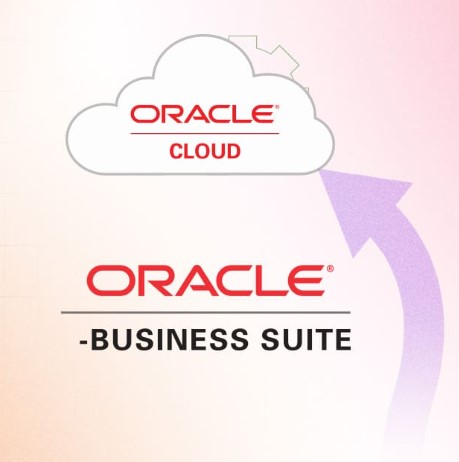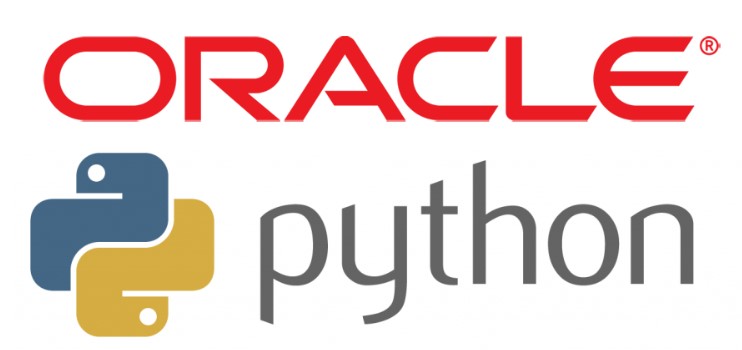Reading Time: 7 minutes
Foreign exchange (FX) volatility is one of the biggest risks for businesses operating across borders. Manual processes, delayed settlements, and unpredictable rates often expose companies to losses, regulatory trouble, and operational inefficiencies.
Modern technologies like ERP systems, artificial intelligence (AI), and blockchain are addressing these challenges head-on. Together, they offer automation, predictive intelligence, and transparency to transform the way companies manage FX exposure, compliance, and settlements.
In this article, we’ll explore the key FX challenges global companies face, and how ERP, AI, and blockchain are driving innovative solutions to meet them.
Common FX Challenges in Global Businesses
1. Inaccurate or Delayed Exchange Rates
Many companies still update FX rates manually in their ERP systems, leading to outdated conversions and accounting errors.
Solution:
Cloud ERP systems such as Oracle Cloud ERP and SAP S/4HANA offer integration with live FX feeds. AI tools help monitor rate volatility and flag suspicious activity in real-time.
Tool tip:
Oracle Cloud ERP includes integrated exchange rate services with automation for rate updates.
2. Poor FX Risk Forecasting
Without predictive analytics, finance teams often miss opportunities to hedge or adjust their FX exposure.
Solution:
AI/ML models analyze historical data, market trends, and macroeconomic indicators to help forecast currency movements and suggest hedging strategies.
Recommended tool:
Oracle Adaptive Intelligence and Alteryx can support scenario planning and forecasting for FX risk.
3. Slow and Expensive Cross-Border Settlements
Traditional FX settlements via banks are slow, expensive, and lack transparency.
Solution:
Blockchain enables real-time, cost-effective, and transparent cross-border transactions. ERP systems that integrate with blockchain networks like RippleNet or Hyperledger can settle FX payments in seconds.
Use case:
Several SAP clients have integrated blockchain to speed up international treasury operations.
4. Complex FX Compliance Requirements
Multinational companies must comply with diverse regulations regarding FX reporting, documentation, and tax treatments.
Solution:
Blockchain smart contracts can enforce regulatory logic automatically. AI-powered ERP systems provide audit-ready documentation aligned with global tax standards.
Example:
Oracle ERP Cloud supports IFRS 9 and multi-GAAP accounting standards, automating FX revaluation rules.
5. FX Gain/Loss Accounting and Revaluations
Handling unrealized FX gains or losses can be complex and time-consuming during month-end close.
Solution:
Modern ERP systems with embedded AI automate revaluation entries, calculate FX variances, and post adjustments with full audit trails.
Best practice:
Use scheduled revaluation processes in Oracle ERP to simulate rate changes and auto-post adjustments.
Key Technologies Driving Change
| Technology | Solution Examples | Business Use |
|---|---|---|
| ERP Cloud | Oracle ERP, SAP S/4HANA | Live FX feeds, GL automation |
| AI/ML | Oracle AI, Alteryx | FX forecasting, risk scoring |
| Blockchain | Ripple, Ethereum, Hyperledger | Real-time settlement, smart contracts |
What ERP Professionals Can Do
If you’re experienced in Oracle EBS, PL/SQL, Forms, or similar technologies, this is a great time to upskill and lead your organization into the future of FX automation.
1. Learn how AI supports FX forecasting
Oracle and SAP both offer AI-driven forecasting and anomaly detection modules built into their ERP platforms.
2. Explore blockchain-based financial services
Courses on smart contracts, cross-border payments, and blockchain APIs can make you a more valuable ERP consultant.
3. Offer automation-focused solutions
Help companies move away from spreadsheets and legacy FX tools by pitching smart ERP-driven FX processes.
Final Thoughts
The convergence of ERP, AI, and blockchain is solving real-world problems in foreign exchange management. From real-time settlements to predictive FX risk management, companies now have the tools to move from reactive to proactive FX strategies.
Finance and ERP professionals who embrace these tools can deliver measurable improvements in risk reduction, compliance, and profitability.
Call to Action
Want to stay ahead in the ERP space?
Subscribe to Future of ERP for weekly content on how AI, blockchain, and automation are shaping the ERP landscape.



